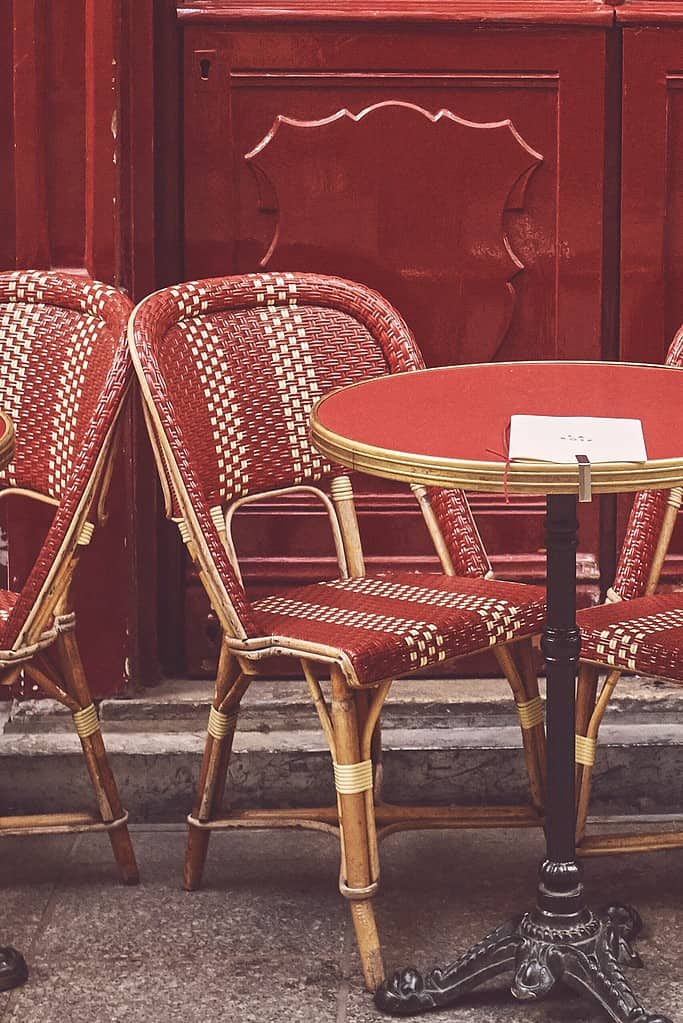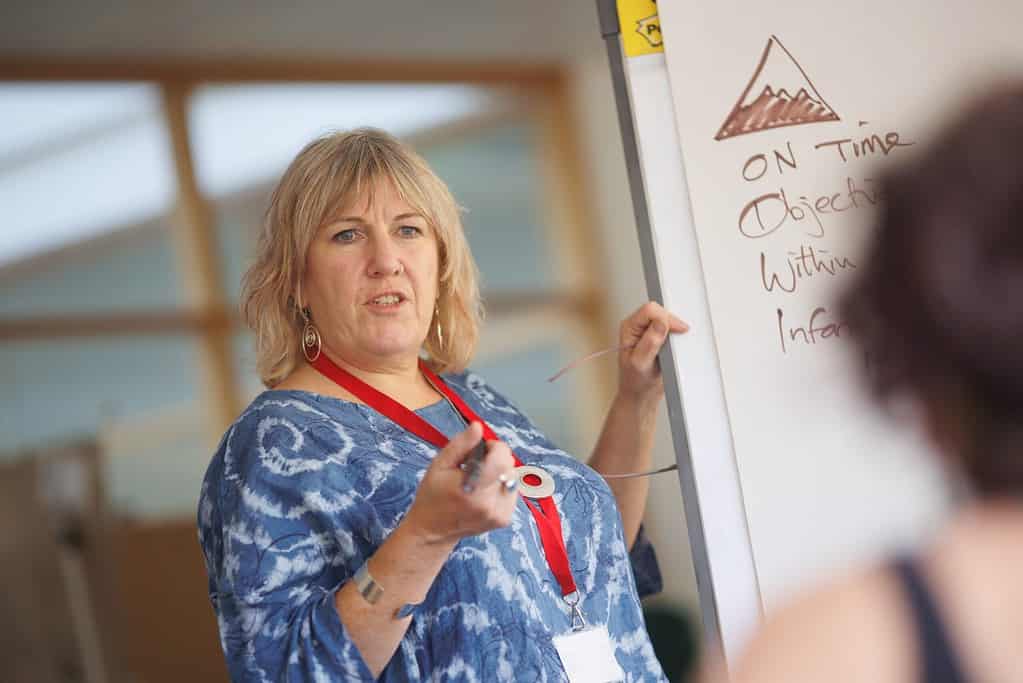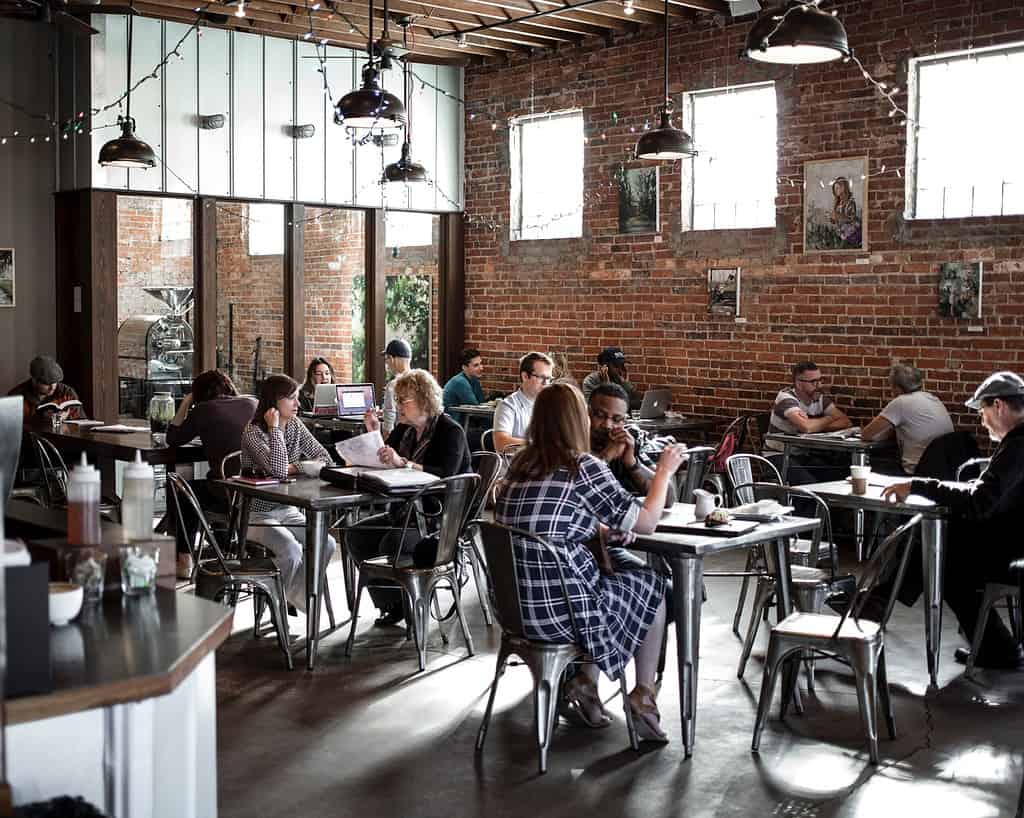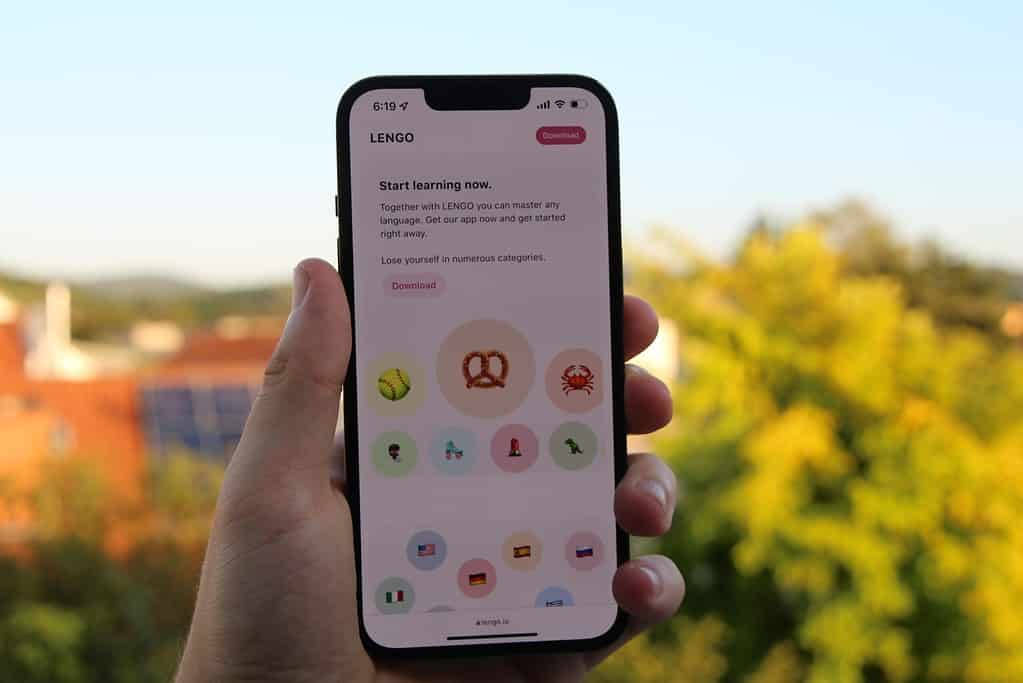French humor is a clever, often subtly layered experience that offers English-speaking learners both a delightful challenge and a window into the soul of French culture. In this exploration of jokes and puns, we will dive deep into the context, wordplay, and cultural quirkiness that give French humor its unique flavor. Along the way, you may find a few laughs that double as memorable language lessons. For more excellent tips on conversational fluency, check out swaplang which connects you with native speakers in a relaxed, one-to-one setting.
Understanding French Humor: Cultural Context
The French have long been famed for their art, literature, and culinary finesse, but their humor is equally rich and multi-layered. Unlike the straightforward punchlines seen in many English jokes, French humor is steeped in cultural references, subtle double meanings, and even a bit of cheeky irreverence. This intricate interplay of history, language, and everyday life means that understanding a French joke often requires familiarity with French society and its traditions. Many French jokes rely on nuance, which means that even a slight misinterpretation might lead to a completely different (and sometimes hilarious) meaning.
For instance, the popular Monsieur et Madame jokes found on Wikipedia play on familiar name structures that reflect societal roles, stereotypes, and often exaggerate everyday situations. When you begin to appreciate these layers, you’re not just laughing at wordplay—you’re engaging in a cultural exchange that deepens your understanding of both the language and its people.
Breaking Down Popular French Jokes
At first glance, many French jokes might seem perplexing, but breaking them down can reveal a delightful logic. One common style is the classic one-liner, where the humor lies in the unexpected twist of the ending. Even more engaging are the situational jokes that often hinge on the listener’s familiarity with French life. This might include playful nods to social etiquette, food, or even the famously complex French bureaucracy.
Consider the style of Monsieur et Madame jokes which use the simplicity of a name-based pun to deliver a surprisingly clever punchline. Understanding these jokes involves observing the structure—often a setup built on an assumption, followed by a twist that challenges that assumption. This technique is excellent practice for grasping shifting verb tenses and nuances in everyday conversation. To dive deeper into the mechanics of French puns and wordplay, explore the insights available in French puns and wordplay, which distills the essence of humor into playful yet instructional language lessons.
The Role of Wordplay and Double Meanings
Wordplay is the lifeblood of many French jokes, showcasing the playful spirit of the language. French, with its fluid pronunciation and abundant homophones, is almost tailor-made for puns and double entendres. A single sentence can carry two meanings—both innocent and risqué—with the context determined by intonation or cultural background.
For instance, one might find that the same word could refer to a type of food, a location landmark, or even an activity, depending on the conversation’s backdrop. In the article Where’s the Joke? Humor and Wordplay with French Location Terms, various examples illustrate how a city’s name or a common street term can lead to multiple layers of humor. As you familiarize yourself with these structures, you not only enjoy a laugh but also improve your ability to navigate and decode context in French conversations.

Cultural References in French Humor
French humor is inseparable from its cultural roots. The jokes often reference historical figures, famous literary works, or traditional practices that are intrinsic to French society. This means that every joke can feel like a mini history lesson—guiding you through the evolution of French language, art, and social mores. Recognizing these references enriches your conversations and provides context that textbooks rarely offer.
Not only will you learn the language, but you will also gain insight into the common experiences and collective memory of the French people. For those who wish to explore more about the nuances of cultural communication in French, a discussion on real-life conversations with native speakers on swaplang can be invaluable. Whether you’re discussing literature in a café or navigating a bustling market, understanding these cultural references will help you appreciate the humor in a broader context.
Tips for Appreciating French Humor
Getting the hang of French humor takes time and exposure. Here are some practical tips to guide you on this entertaining journey: first, immerse yourself in French media—films, podcasts, and stand-up comedy offer a natural way to absorb the rhythm and cadence of humorous expressions. Listen closely to the subtle shifts in tone or the double meanings embedded in everyday dialogue.
Next, engage in conversations with native speakers who can explain cultural context and idiomatic expressions in real time. Platforms like swaplang provide the perfect setting for such exchanges as they pair learners with French natives in a supportive, one-to-one video environment. Finally, be patient—humor is nuanced and sometimes controversial, so keep an open mind about the layers within every joke, and enjoy the learning curve.
Using Humor in French Conversations
Once you start to understand and appreciate the humor in the French language, using it in conversation becomes a powerful tool for building rapport. A well-timed joke can transform a routine conversation into a memorable interaction. It demonstrates not just linguistic competence but also cultural insight and a genuine connection to French life.
Begin by lightly incorporating known phrases or common puns into your dialogue. As your confidence builds, feel free to experiment with creating your own humorous twists based on everyday experiences. The key is to balance sophistication with spontaneity, as French humor often thrives on subtlety and irony. For more strategies on integrating humor with fluent conversation, you might enjoy reading the article on mastering French conversation, which brings together effective techniques for lively and engaging exchanges.
At the end of the day, humor enriches language learning by making it dynamic and relatable. If you ever feel stuck or unsure, remember that practice coupled with regular interaction can make all the difference. Ready to embark on this fun linguistic adventure? Sign up with swaplang so you can experience native French conversations firsthand and start laughing your way to fluency!

















